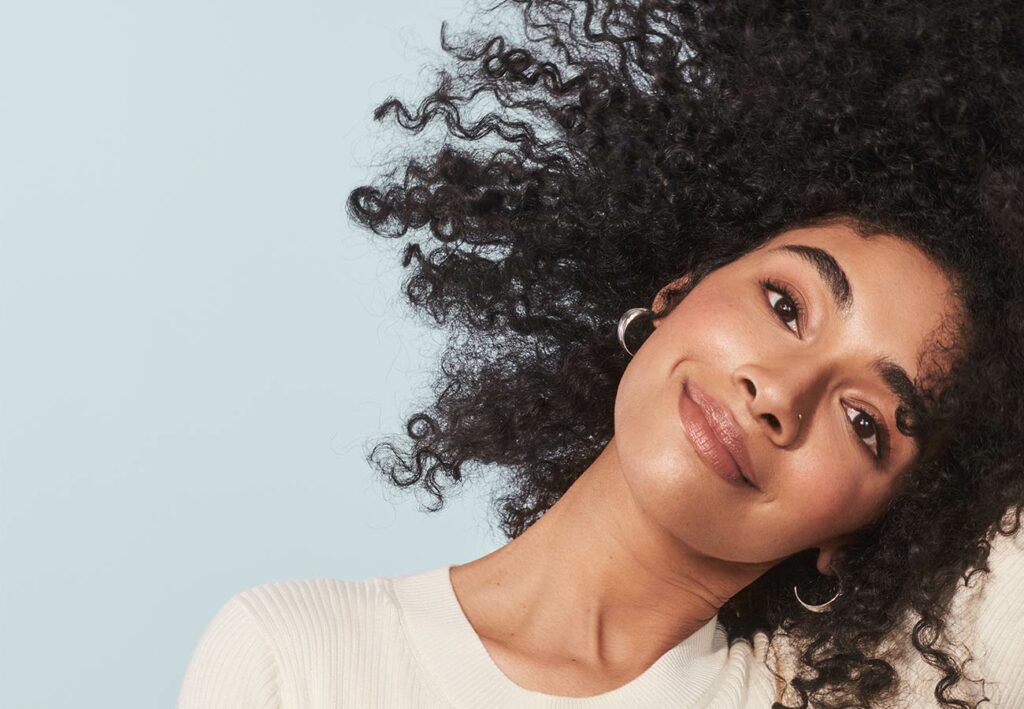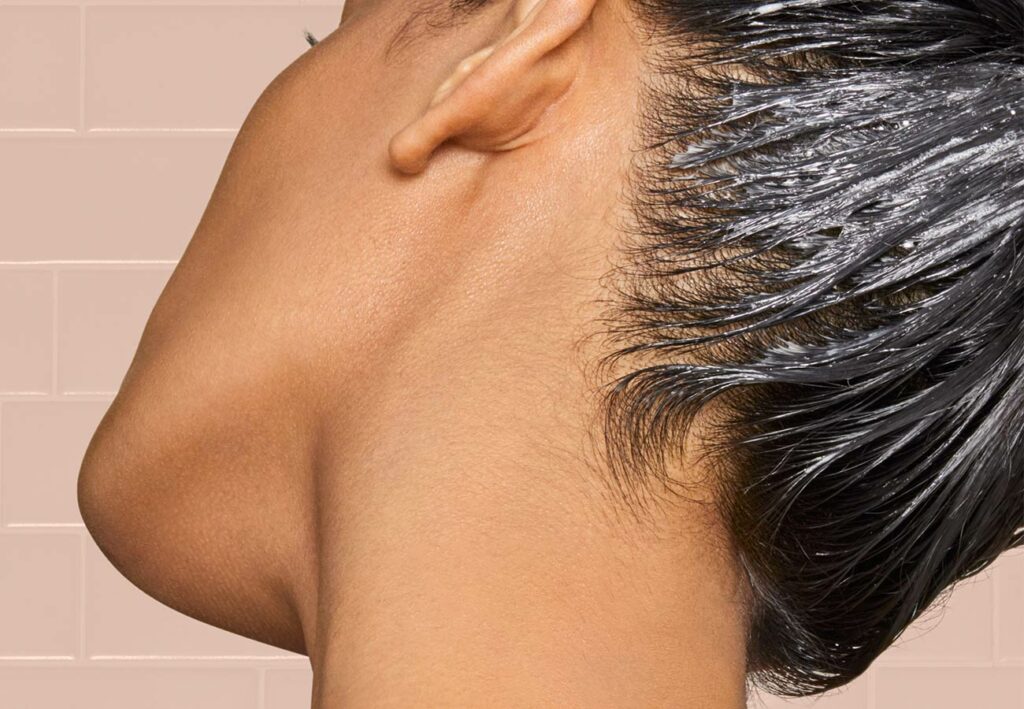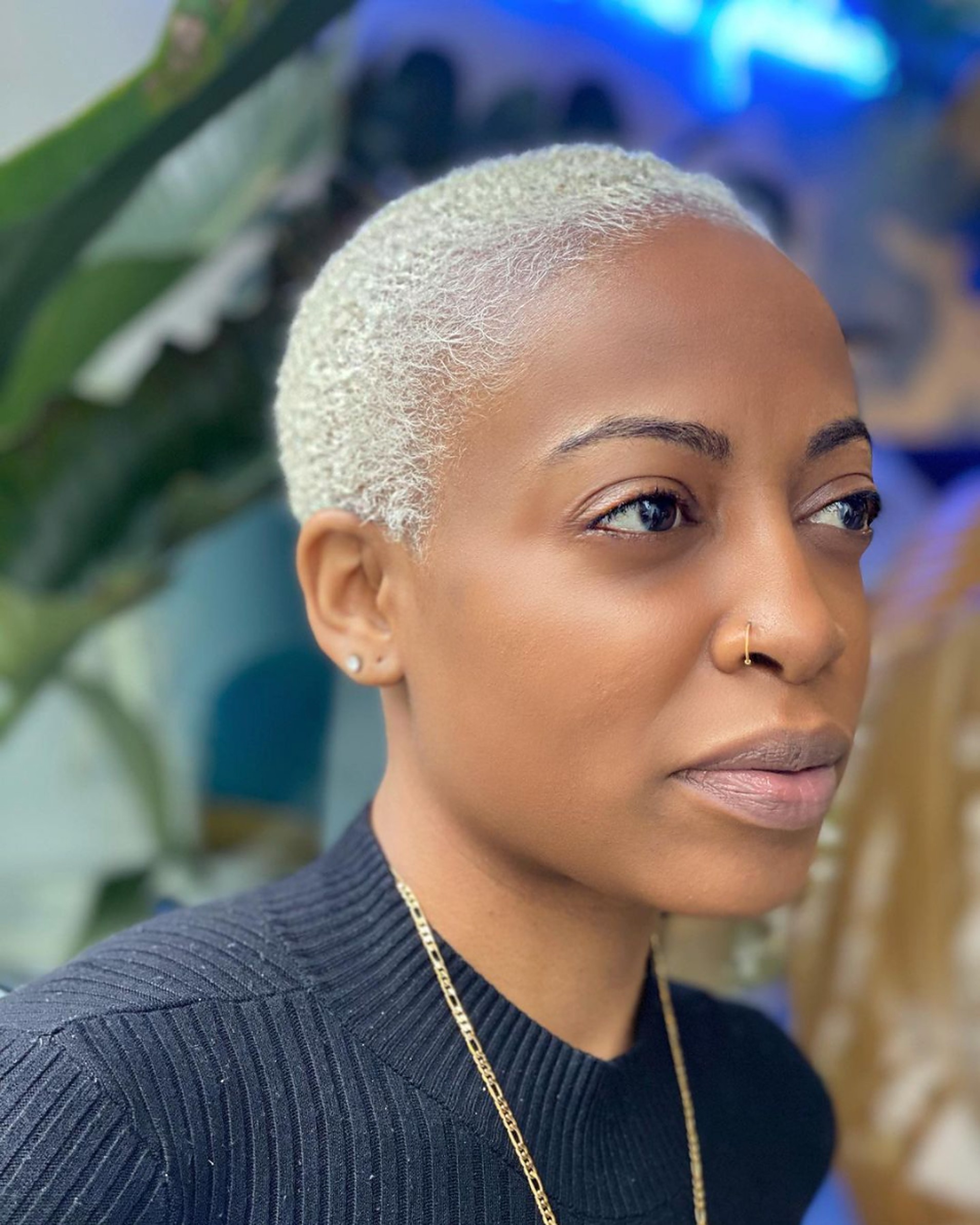What is biotin?
Biotin is also commonly referred to as vitamin H, even though it’s considered one of the B vitamins, specifically vitamin B7. It is one of the vitamins that assists with converting food into energy for your body. Biotin originates from the Greek word biotos, which means “life.”
This nutrient appears in small amounts in many different foods, but sometimes people acquire a deficiency in biotin. This vitamin is necessary for regulating blood sugar levels and can be especially helpful for pregnant women.
The recommended dietary allowance of biotin according to healthcare professionals is 30-100 micrograms (mcg) a day. However, before adding any biotin supplementation, you should seek medical advice. People taking thyroid medication should also inform their doctor if they’re taking a multivitamin with biotin, because it may affect test results.
Benefits of biotin
Biotin has not been studied enough to prove that it can help your hair grow. However, having a biotin deficiency has been directly linked to hair loss. Taking a biotin supplement can also help your nail health to prevent them from breaking and cracking.
A biotin deficiency can have several harmful side effects, which you should speak to your doctor about. These include skin rashes or dermatitis, psoriasis, and acne. Biotin also helps to support metabolic function within your body. It can help break down fats and carbohydrates and turn them into energy. It’s also an important coenzyme for synthesizing fatty acids. This is one of the reasons this b-complex vitamin can be linked to aiding with weight loss.
If you are trying to lose weight, you should also make sure you pair a biotin dietary supplement with a healthy diet and exercise, as recommended by your physician.
Hair health is often talked about in conjunction with biotin because of keratin. Keratin is the protein that your hair is made of. Biotin can help with your body’s keratin production. The more keratin that is produced, the more new hair growth you will have, so some people with thinning hair turn to this vitamin as a solution. Healthy hair growth starts with a healthy scalp, so it is important to keep it clean and moisturized.
What can biotin be found in?
High levels of biotin can be found in many foods that you probably eat. These food sources includes:
- salmon
- carrots
- bananas
- liver
- cauliflower
- egg yolks
- nuts and other legumes
- chicken
If you don’t happen to eat any of these biotin-rich foods, it is possible that you could have a biotin deficiency. This means that you should talk to your doctor about including a supplement to increase your body’s biotin intake levels. You could also speak to a nutritionist or dietitian to see if there’s another way you could get an adequate intake of biotin to support overall wellness.
It has been shown that heat can reduce the benefits of biotin, so it is best to get your biotin from unprocessed foods. If you do take a supplement, be careful of the side effects of biotin, which can include cramping, nausea, and diarrhea.
When added to hair products, biotin can help stimulate the scalp, which can aid in hair production.
What else helps hair growth?
If you are looking for other vitamins and nutrients that can assist with hair growth, here are a few.
Vitamin A deficiency can lead to hair loss. This vitamin can help your skin produce sebum, which is needed for keeping your scalp healthy and preventing the scalp from drying out. Some people have overactive sebum glands, which can make their hair and skin oily.
Vitamin A can be found in carrots, pumpkins, kale, sweet potatoes, and eggs. It is important to maintain the right balance of vitamin A because too much could be problematic as well.
Vitamin C can help reduce oxidative stress on your body. Vitamin C is necessary for hair growth because it is needed to produce collagen. Collagen is part of what hair is made of. This vitamin can also help you absorb iron, which your body needs for a variety of reasons.
Vitamin C can be found in peppers, strawberries, and other citrus fruits.
Vitamin D can help your hair produce follicles and plays a role in hair growth. Vitamin D can be absorbed from the sun’s rays into your body. During the winter, especially, your body may not be getting enough vitamin D, which can lead to seasonal depression and other illnesses.
This vitamin can be found in mushrooms and cod liver oil.
Iron is what helps your red blood cells provide oxygen to the cells in your body. Iron aids in many bodily functions like hair growth as well. If you don’t get enough iron, you can become anemic. Anemia is known for causing hair loss in many people. This is especially true for women.
Iron can be found in spinach, oysters, eggs, red meat and organ meats.
The structure of hair is made up of proteins. So naturally, getting enough protein in your diet is extremely important for hair growth. Protein is often found in meat and eggs which is why people who follow a vegan lifestyle sometimes struggle with getting enough protein.
In summary
At the end of the day, your hair’s health matters. Not only does it have an impact on how you look in your daily life, but it can also have long-term effects, including hair loss down the road. You have to know what ingredients are most beneficial when it comes to healthy skin and hair. By now, you should know enough about biotin to be confident in selecting it as an ingredient in your hair supplements.






